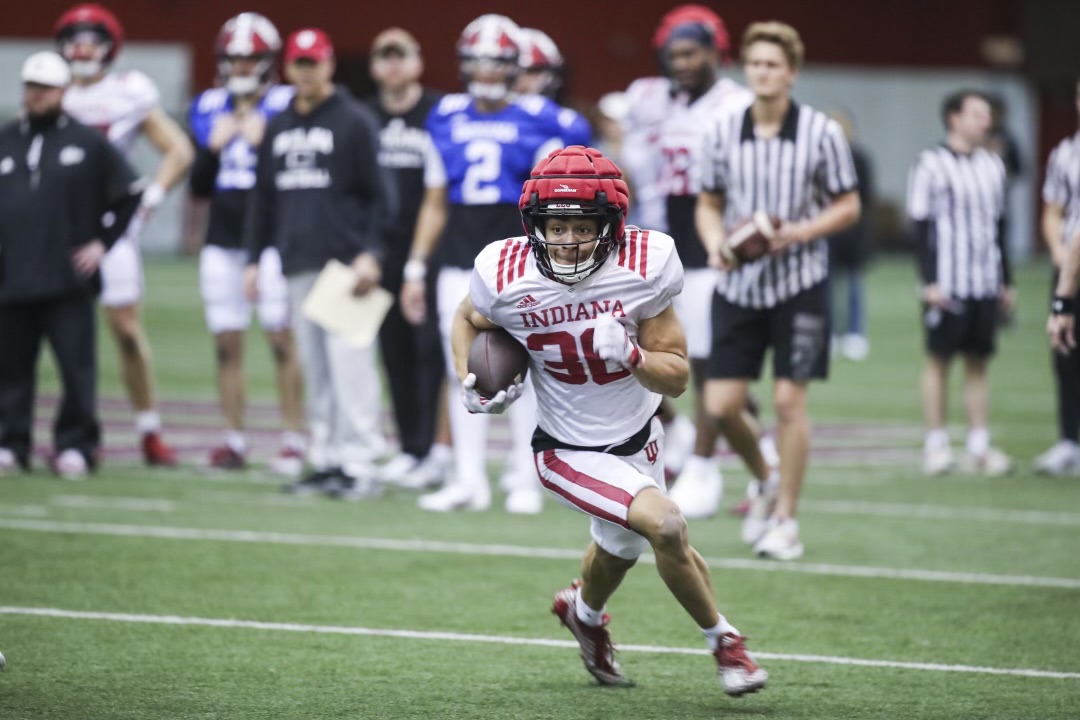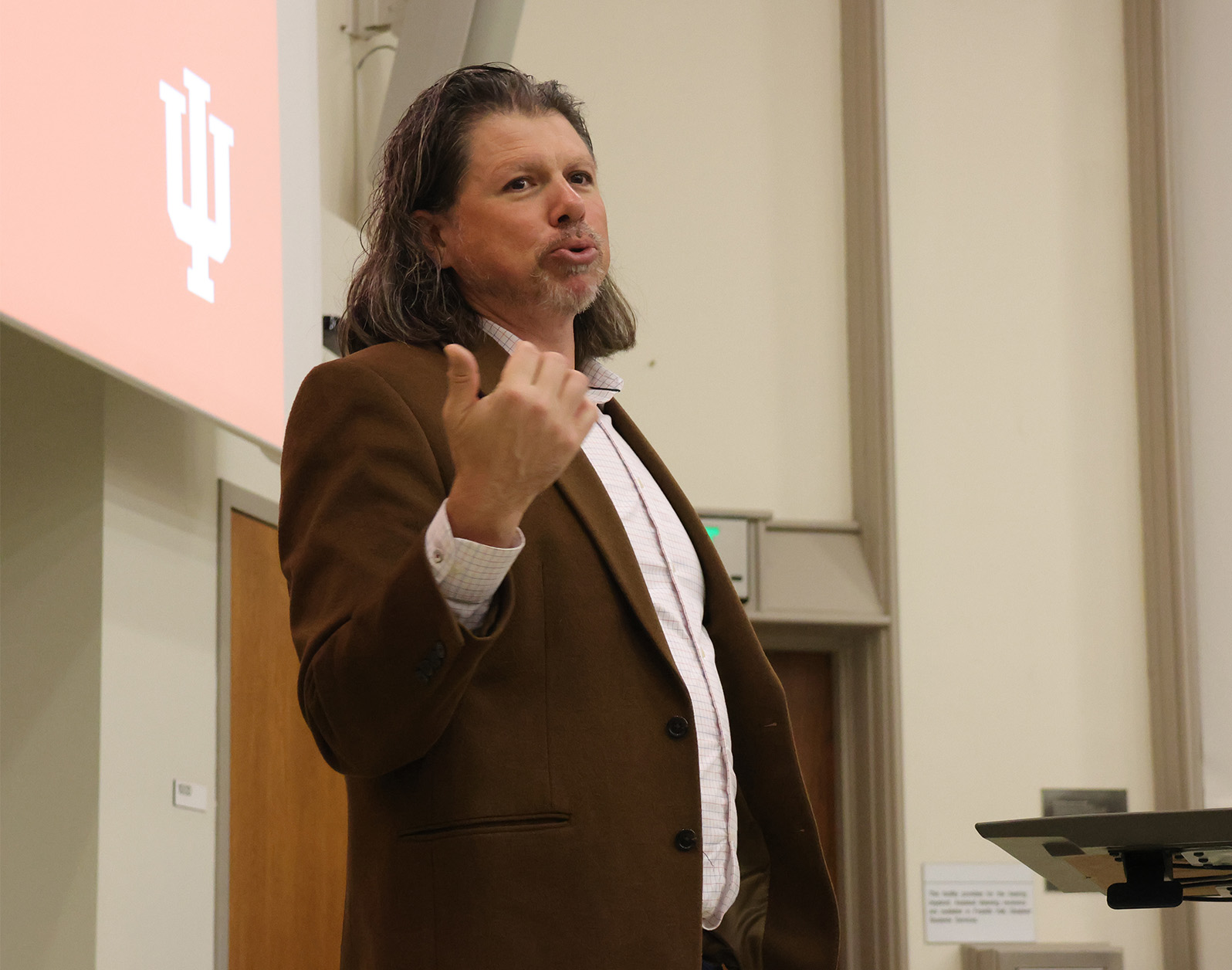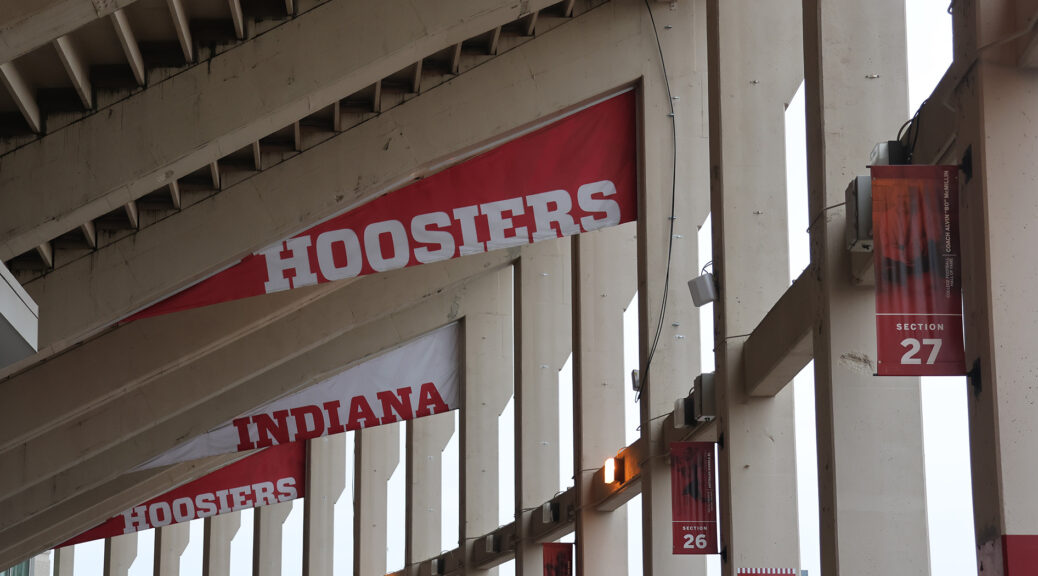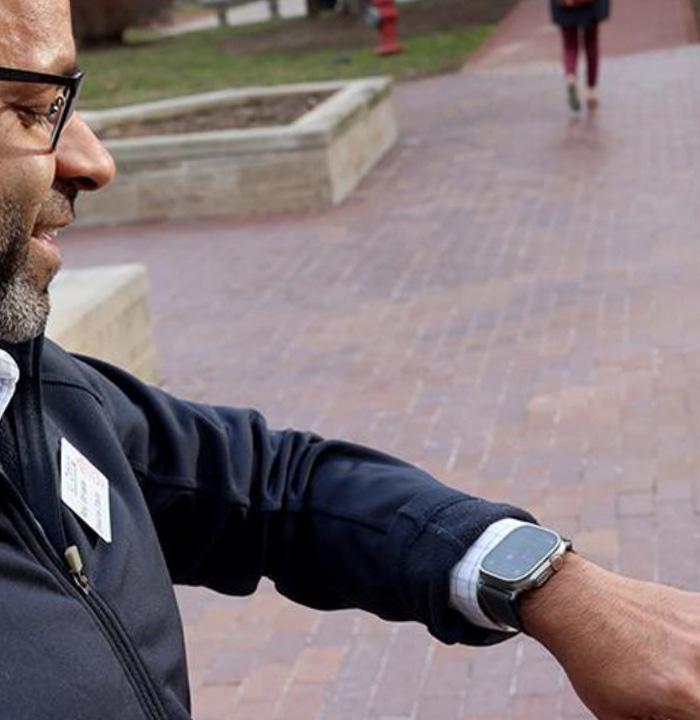NIL decision affects all athletes
By Ashley Libertoff, Ben Jaffe, Aidan Murphy
Pads crack and the sound of players running can be heard all throughout the football facility. As the sun bakes down onto the practice fields there is a group of athletes that may go unnoticed. This group is known as the preferred walk-on group. While football teams do give out large amounts of scholarships, there are players that may have just missed the cut. This group is given a designation of preferred walk-on. They have a space on the team however, they do not get a scholarship. While all of these players may not have the same scholarship opportunities, they do still fight for one form compensation, NIL.
NIL is a new set of rules within college athletics that allows athletes to get paid for their personal brand. These rules have changed the way athletes are recruited, choose schools, and even play on the field. Often the NIL money that schools and collectives give out goes to the high market sports and within that, the best players often get more money.
With the growth of NIL there has been large amounts of coverage on what this does to the “stars” of the team. However, what goes unnoticed is the effect that these rulings have on this preferred walk-on group. These athletes often are backups and may go unknown but they often make up the majority of the team.

Reece Lozano is one of these preferred walk-ons for the Indiana University football team. When asked about the NIL opportunities he receives he said “I’ve been able to partner with local businesses for social media promotions, which has not only helped me financially but also boosted my personal brand.” Lozano talked about the difference between not only the size of the deals given to him, but also the difficulties that are associated with trying to get NIL deals as a preferred walk-on. We asked Lozano about these difficulties and he responded saying “There is a steep learning curve in understanding contracts and following NCAA and school regulations.” This isn’t an issue that only affects preferred walk-ons at the large schools such as Indiana University, this is an issue for athletes at all levels and in all sports.

Photo by Mike Badrov
In a press conference style discussion with Dr Galen Clavio he said “These athletes can no longer be referred to as simply student athletes, their title now is way more complex.” The discussion of athletes no longer having the title of student athletes is a large statement. For preferred walk-on athletes academics is a large part of being a college athlete. Lozano talked about the balance of not only school and athletics, but also NIL saying “Time management is crucial. I maintain a strict schedule and prioritize my tasks. Utilizing campus resources like tutoring and academic advising helps me stay on track academically, while coordinating closely with my coaches helps me meet my athletic commitments.” These new elements have turned athletes into so much more than just student athletes. In many ways they have become professionals, needing teams around them and assistance with media and NIL opportunities.
While NIL can have large benefits the toll that it can take on these preferred walk-ons is very real. This means that athletes have to prioritize the deals that are best for them. Especially in the position of the preferred walk-on, you need to make sure these deals are rewarding beyond just the financials. Lozano discussed the deals he found most beneficial saying, “Local endorsements and social media promotions have been the most beneficial for me. These deals are more accessible and manageable, and they help build relationships within the community. Hosting camps and training sessions has also been rewarding both financially and personally.”
With NIL being ever changing, there are many possibilities for where it can go in the future. “With new settlements, schools will be given more structure in their NIL payments. Each school will be given a set amount to pay out to their players,” said Dr Clavio. With the state NIL is in right now it is clear that more restrictions will be put into place to make sure that all athletes are paid out fairly by the schools. “I believe NIL opportunities will continue to expand, with more structured support from schools and athletic programs. We might see more guidelines and resources to help athletes work through the complications of NIL deals,” said Lozano when asked about the future of NIL. College athletics is ever changing and at its core the players come first. As NIL continues to progress and grow it can only help players, especially the preferred walk-ons.
Bloomington residents touch on NIL, giving their opinions on the amount these athletes are getting paid
###






